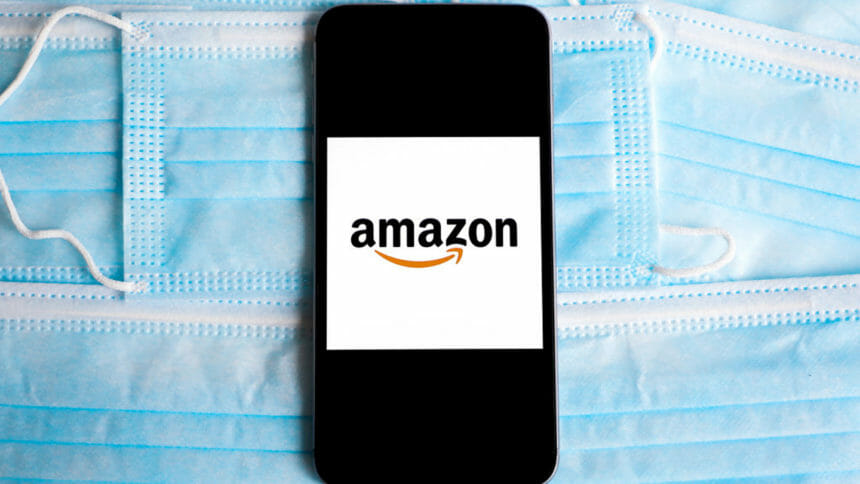
Amazon’s decision to pull the plug on Amazon Care at the end of this year does not signal the e-commerce retailer is exiting the healthcare industry, according to industry analysts.
“They’re probing the market to see what fits best for them. I believe they’re trying different options,” Tom Lillis, partner at Stoneridge Strategic Consulting, told McKnight’s Home Care Daily Pulse.
Amazon announced Wednesday it would shutter Amazon Care, a primary care business offering in-home and telehealth, in an internal memo obtained by GeekWire. In the memo, Amazon Health Services Senior Vice President Neil Lindsay wrote the decision followed months of careful consideration by the firm.
“Although our enrolled members have loved many aspects of Amazon Care, it is not a complete enough offering for the large enterprise customers we have been targeting, and wasn’t going to work long-term,” Lindsay stated in the memo.
Amazon launched Amazon Care in 2019 for employees at its Seattle headquarters and expanded it last year to non-Amazon employees nationwide. The news of its closure comes days after the company was reported to be in the running to acquire tech-enabled home health provider Signify Health and a month after Amazon announced the acquisition of tech-powered primary care firm One Medical for $3.9 billion.
Morningstar healthcare analyst Julie Utterback told McKnight’s Home Care Daily Pulse Amazon’s interest in Signify and its purchase of One Medical are both clear signs Amazon is still interested in healthcare. However, she added shedding Amazon Care may mean the company still has a lot of work to do before getting a foothold in the industry.
“Breaking into the healthcare industry may be tough because of the already established companies that already operate in that space,” Utterback explained. “So it is not surprising that a new entrant, even one as strong as Amazon, has had a tough time gaining traction in the industry.”
Amazon joins a long list of retailers as diverse as CVS, Best Buy and Dollar General moving aggressively into healthcare. However, their strategies differ dramatically. CVS Health is transforming itself from a retail pharmacy chain into a holistic healthcare company offering telehealth, home health products and health insurance. The company is also interested in launching a home care business. Best Buy moved into telehealth and remote patient monitoring with the acquisition of Current Health. Dollar General recently formed an exploratory committee to find ways to further expand into healthcare from currently offering a variety of medical aids, health and nutritional products.
Seventy-two million aging baby boomers and strong demand for healthcare have been enticements to retailers getting into the industry. But Lillis said retailers who fail to truly understand the complexities of the sector are likely to fail.
“This is a case where industry knowledge might be helpful,” Lillis said. “If you don’t truly understand the payers, providers, market demand and maturity — who drives the acquisition of your product line — it lowers the probability of success.”

